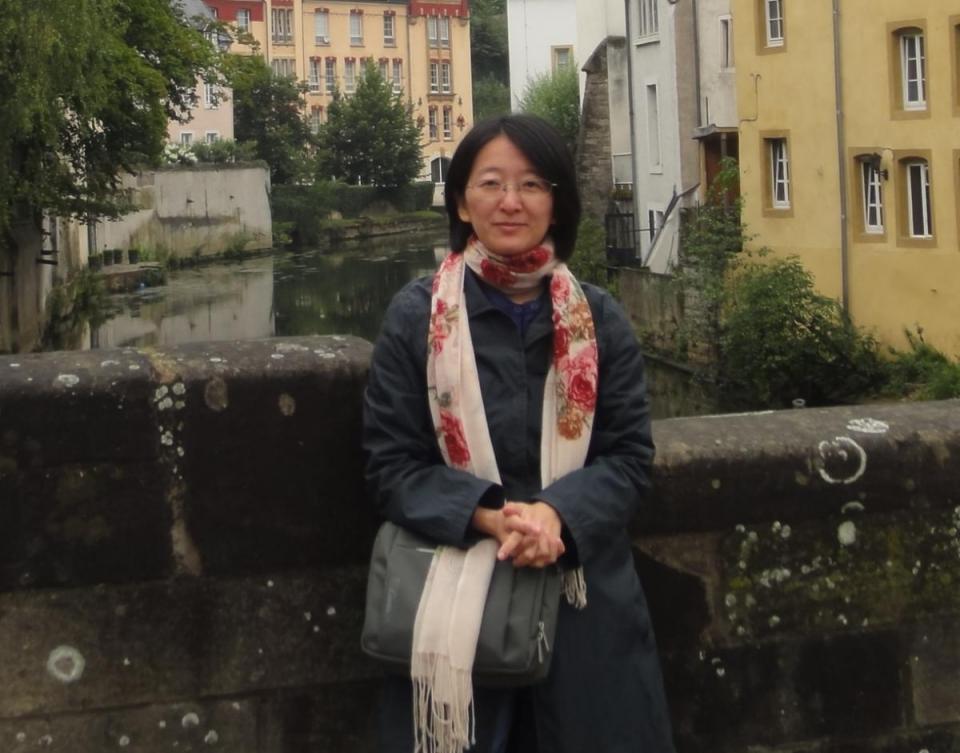Yu Song
Through a comparative study of top-down women empowerment policies represented by Zhejiang province and bottom-up women capability building projects exemplified by Yunnan province, and a comparative study of institutional arrangements of women’s political participation in China and other developing countries, this research will elucidate the motivations driving Chinese government’s electoral gender quotas in grassroots governance, the various effective institutional arrangements and implementations among different provinces and their impacts on women’s political representation in the rural communities, contribute to the greater gender equity in village governance, the empowerment and capability building of rural women, and improvement in rural gender norms and relations, and eventually enhance scholarly understandings of gender politics, social-spatial and cultural conditions and changing visions of social justice in China and other developing countries.

